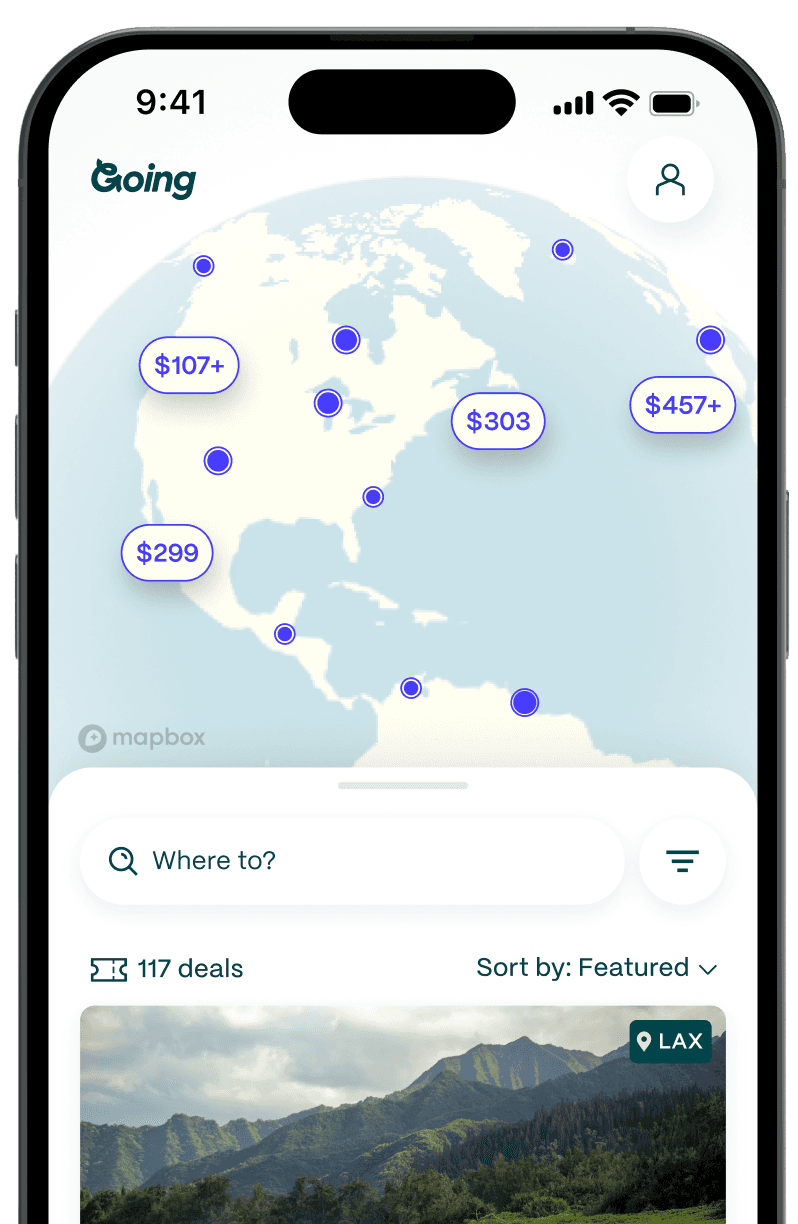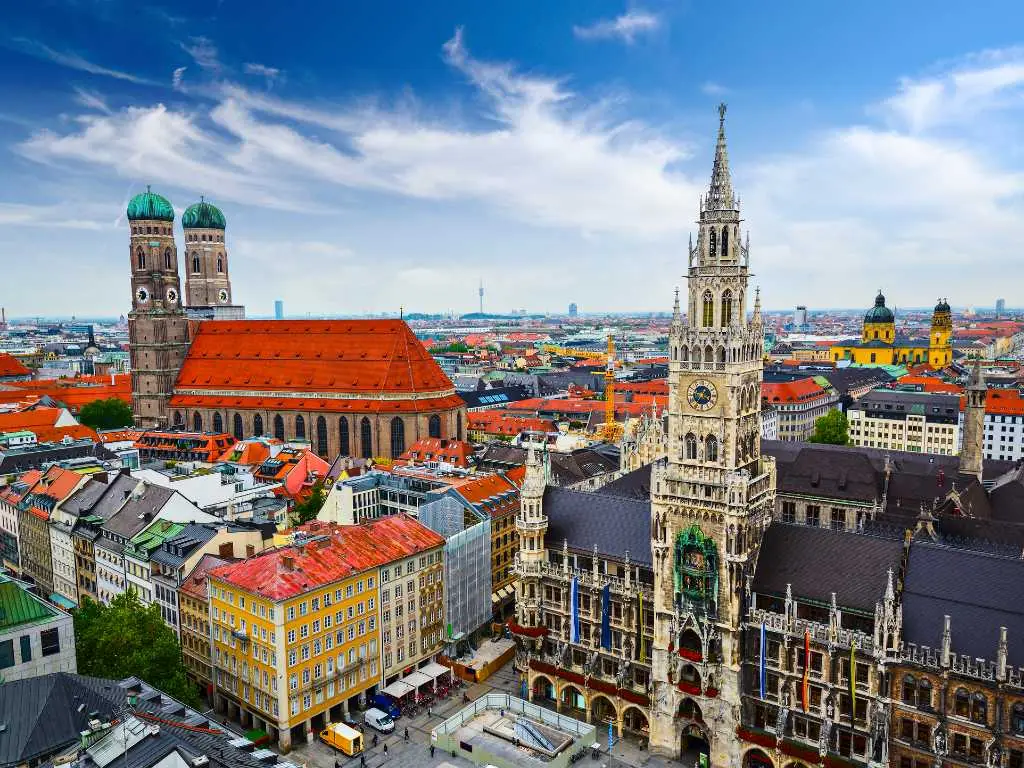
The Travel Guide to Munich
Table of Contents
Welcome to Munich
Germany may have a reputation for stoicism. After all, it isn't the first country that comes to mind in an unofficial ranking of the funniest places in the world. But nobody who’s ever been to Munich can fight the smile that spreads across their face at the mention of the city.
If happiness can make an impact in a city’s economy, infrastructure, and longevity, Munich is a shrine to the concept; beer makes people happy, so it’s no surprise that the home of Oktoberfest would find itself in a perpetual good mood. But we think it runs deeper – there must be something in the water here.
Even the unlikeliest pairings work in harmony: some of Europe’s oldest architecture looks great next to towers of glass, the skyline somehow complements the mountainous surroundings, and tradition and innovation go hand-in-hand. And while most of the tourism in Munich is beer-fueled, there are a million reasons a trip here will make you smile.
Who’ll love Munich
Backpackers, groups of friends, fans of meticulous and magnificent German engineering, museum-goers, history lovers, beer nerds
How to budget for a trip to Munich
By Germany’s standards, Munich is an expensive place to find oneself, but it’s still more budget-friendly than cities like Paris and Rome. Vacation rentals are typically a little cheaper than hotels, unlike other European destinations, and accommodations generally needn’t extend beyond the $50-$100/night range. As for food, Munich is full of filling Bavarian delights like big pretzels, currywurst, and schnitzel, so a single meal can go a long way. On the whole, about $150 a day is what you can expect to spend here.
Safety considerations
Like all big cities in Germany, Munich is a safe place to travel and relax knowing that hyper-vigilance isn’t a necessary means of thwarting any sort of crime. There is a nonzero rate of pickpocketing in the tourist-heavy areas of the city, but that’s more or less the extent of it; meanwhile, though Bavaria is mostly conservative—it’s been called the Texas of Germany—Munich is more liberal, and discrimination against BIPOC and/or queer visitors is rare. It’s also a safe bet for female travelers and families.
Weather in Munich
The Munich climate is, overall, relatively mild compared to elsewhere in Europe. Summers, from about June through August, are when the temperatures are highest. Historically, that still means the daily highs often don’t even reach 90F, though summers in Europe are getting hotter every year. Munich winters are as cold as you’d expect for a mountainous region.
Weather-wise, Munich’s shoulder seasons are spring (roughly March–May) and autumn (roughly September–November), with more moderate temperatures, but you’ll see in the next section why one of these is considered a high tourist season.
When to visit Munich
As mentioned, if you’re considering only the weather, Munich technically has two shoulder seasons. For travelers, however, the autumn “shoulder season” is absolutely a high tourist season for one gigantic reason: Oktoberfest.
Don’t let the name mislead you—Oktoberfest typically takes place from late September into early October, and it absolutely dominates Munich (and much of Germany). Accommodations sometimes fill up a year in advance of the festival, and room rates skyrocket. In other words, unless you’re specifically planning to attend Oktoberfest and you’ve made the appropriate arrangements, it’s probably best to avoid Munich in autumn.
The winter holidays are also extremely popular in Germany, thanks in large part to the festive Christmas markets, so you can expect larger crowds and higher prices on things like hotel rooms.
The spring shoulder season is an excellent time to visit, with milder temperatures and smaller crowds. As the days get warmer, the city’s lovely outdoor beer gardens start to open, too.
Money saving tips
Schedule museum visits on Sundays. Some of Munich’s museums have free entry on Sundays, while others offer a reduced ticket price (including the Alte Pinakothek). Consult the museum website or signage at the entrance to confirm (and to double-check that they’re not closed on Sundays).
Get a Stripe Ticket. Public transportation in Munich is efficient and it’s cheaper than taxis. It’s an even better deal if you get a Stripe Ticket for shorter stays (or a day pass or weekly ticket for longer visits).
Get the “midday plate” at lunch. Look for “mittag teller” on local menus for that restaurant’s inexpensive (and filling) selection of meat, veg, and potatoes.
BYO. Most biergartens allow customers to bring their own meals, provided the drinks are purchased on-site. Before you head to the biergarten, then, visit a local grocery store or outdoor market to pick up picnic provisions.
What to see, do, and eat in Munich

Top 10 things to do in Munich
- Visit the Alte Pinakothek, one of the world’s most historic art galleries, thanks to works by da Vinci, Rembrandt, and others
- Take a tour of the over-the-top Asam Church, named for the Asam brothers (a sculptor and a designer) who created it
- Shop and people-watch at Marienplatz, which shows its best features at Christmastime
- Take a spin around the BMW Museum—and don’t miss the BMW Welt exhibition hall
- Visit the Bavarian National Museum, featuring a massive collection of artifacts, art, and relics of both wartime and everyday life in the region
- Spend a day (or two) strolling the expansive grounds of Englischer Garten
- Take a tour of the interactive, informative, and entertaining Deutsches Museum (complete with a basement techno club, Blitz, that appeals to local partygoers)
- Don’t miss Pinakothek der Moderne (or “the Dritte”) for Munich’s most comprehensive collection of modern art
- Relish a day at the former Olympic venues of Munich, a beautiful complex that offers outdoor attractions year-round, from waterskiing to snow skiing
- Catch an FC Bayern game at the Allianz Arena
The local picks for top attractions and activities in Munich
- Check out the Hofbräuhaus, a classic spot to down Bavarian beers in a convivial atmosphere amid cheerful locals
- Let loose at Bahnwärter Thiel, where decommissioned U-Bahn cars have been converted into graffiti-covered outdoor club environs complete with DJs, bartenders, hammocks, and more
- Visit Museum Brandhorst for an impressive collection of modern art from greats like Andy Warhol, Keith Haring, and Cy Twombly
- Pop by Viktualienmarkt, one of the city’s best places to shop for groceries that’s also a lively biergarten and home to a number of food halls
- Go explore the student housing at Olympia Dorf, where students are encouraged to turn their dorms into expressions of art, which you can view by wandering the narrow alleys of the campus
- Enjoy the open-air art gallery under a busy Munich bridge known as Streetgalerie Donnersbergerbrücke
- Take a ride down the Isar Bike Path, which is also full of beautiful street art
- Explore the burgeoning zero-waste store trend in Germany at Ohne Laden, a progressive supermarket where you can pick up whatever toiletries you may have run out of or forgotten to pack for your trip
- Watch locals river-surf – it’s a thing – along the Isar River
- Find your next favorite book at Words’ Worth Booksellers, where most (or all) of the books on offer are written in English
What to eat and drink in Munich

Munich is the capital of Bavaria, and Bavaria is home to some of the world’s most beloved German foods—think brats, pretzels as big as a steering wheel, schnitzel, and, of course, the döner kebab that’s become an unlikely symbol of multiculturalism throughout the country. If you’re here for the beer, you’re also in great company, though there’s also a decent-sized slew of non-German restaurants and cocktail bars should you tire of the heavy national cuisine.
- KSAR is a casual spot that’s great for a cocktail after a day exploring Munich, with leather couches, plenty of dimly-lit nooks, and frequent DJ sessions
- Fei Scho is an Asian-inspired restaurant with lots of veggie options and a lovely ambience, great for dates and small groups
- Gans Woanders is a very charming eatery housed in a classic Bavarian A-frame with a lovely garden, good beer, and wood-fired pizza
- Mary’s Coffee Club is a beautiful place to get breakfast or lunch – in the summertime, head to the backyard garden, or enjoy the interior atmosphere in colder months
- Pasta e Basta, close to the Gärtnerplatz, is a great place for pasta that’s budget-friendly and good for groups
- Muffatwerk is a large beer garden featuring classic German brews, a charming vibe thanks to twinkle lights, and lots of live music
- Goldmarie is a great date-night option offering seasonal dishes like dumplings and gnocchi, with a beautiful dining room and a nice patio
- Augustiner Kloterwirt is a go-to for local beer and hearty food like schnitzel and dumplings, served by staff in traditional lederhosen
- Zephyr Bar is a lively cocktail spot popular for its flavorful boozy slushies made with over-the-top garnishes
Where to stay in Munich
Tourism is a huge part of Munich’s economy, and there are accommodation options at all levels of luxury and cost. Some of the terms used might be unfamiliar, however, if you’re new to traveling in Germany. A “Romantik” hotel isn’t just for honeymooners—it simply means the property is unique, often in a historic building. “Fremdenheim” offer no-frills rooms in private homes, which is usually the least expensive lodging available.
Top Munich neighborhoods for Visitors
Picking where to stay in Munich is entirely dependent on the nature of your trip. If you’re not here for long—perhaps you’re covering lots of ground on your trip, or it’s Oktoberfest that’s drawn you in—Aldstadt and Ludwigsvorstadt are good options (the latter is where Oktoberfest is centered).
If you’re planning to hit as many museums as possible, you may prefer Maxvorstadt. If you’ve come to Munich to take things a bit slower, or if you simply prefer to stick around hip locals rather than tourists, check out Schwabing and Isarvorstadt.
Recommended hotels in Munich
- Hotel La Maison (~$89/night): Elegant rooms and free breakfast near the English Garden
- FourSide Hotel (~$97/night): Colorful business hotel in the city center
- Ruby Lilly Hotel (~$100/night): Cozy and comfy rooms with a 1980s rock theme in public spaces
- 25hours Hotel (~$129/night): Stylish rooms in a range of sizes in a historic building
Getting around in Munich
Public transportation options in Munich
Walking is perhaps the most celebrated mode of transportation in Munich. Not only are many of the city’s sights close to one another, the streets and sidewalks are all well-maintained and a joy to explore. We don’t recommend renting a car, but anyone in a hurry or tired of walking can hop on the U-Bahn, which is an efficient and convenient way to get around the city center – and most everything, from the modes of transit to the attractions themselves, are considered accessible.
Munich airports
The Munich Airport (MUC) is the second-busiest in Germany, behind only Frankfurt, and among the busiest in Europe. It’s just under 18 miles from central Munich, and serves as a hub for Lufthansa as well as a focus city for Condor, Eurowings, TUI fly Deutschland, and Air Dolomiti.
How to get from Munich Airport (MUC) to Munich
Munich’s fantastic S-Bahn connects to Munich Airport via two lines—S1 and S8—and serves both Terminal 1 and Terminal 2. The trip takes about 40 minutes, with trains leaving the airport about every 10 minutes. A special “Airport-City-Day-Ticket” covers all the travel zones between the airport and Munich’s city center for €13.20 and includes all public transit trips for the rest of that day (until 6am the following day).
There’s also the Lufthansa Express Bus, which departs from its Terminal 2 stop every 20 minutes and arrives at Munich’s main train station in about 45 minutes. Bus tickets start at €11.
Taxis are plentiful at the airport. There’s no fixed rate into the city, so you can expect fares to start in the €60 range. Uber is also an option.
>> Have a shorter trip? Read our layover guide to Munich
Where else to go from Munich

Day trips from Munich
- Rent a car and drive the 1.75 hours to Neuschwanstein Castle, one of the most iconic structures in all of Europe, particularly attractive on an autumn day when the foliage is in rare form.
- Hop on a 1-hour train to Nuremberg, a lovely gothic city with lots of Bavarian charm, revived after a number of bombings during WWII to its original splendor.
Take a 1.5-hour train to Salzburg, in Austria, the stunningly beautiful birthplace of Mozart. - Travel 3 hours by train to Rothenburg, a town so pretty and quaint you’ll feel like you’ve been dropped into a musical.
- Rent a car and drive 2 hours southeast to Berchtesgaden, a gorgeous place to take in views of the Alps. It’s also where you’ll find the infamous Eagle’s Nest, a mountaintop chalet known for being a hideout of Hitler’s.
Where else to visit from Munich
- Make your way to Berlin, an hour’s flight away, to see a totally different side of Germany.
- Take a long train ride (12 hours) or a short flight (1.5 hours) to Copenhagen and discover how incredibly the Danish are living.
- Fly an hour west to see the exquisite beauty of Geneva.
- Fly 1.5 hours to Amsterdam and explore the lovely canals of the city – and don’t forget to take a small handful of day trips to see more of the Netherlands.
Books, movies, and tv shows set in Munich
The much-loved 1980s German detective drama, Monaco Franze, was set and filmed in Munich. Another crime drama series, SOKO München, released its final season in 2020 after a whopping four decades of shows. Oktoberfest: Beer & Blood is a tale of rival Munich breweries in the early 20th century.
You’d be forgiven for not recognizing the Munich scenery in the 1971 film, Willy Wonka and the Chocolate Factory, but the entire movie was shot in Munich. Bill’s Candy Shop was on Lilienstraße, while the Munich Gaswerks served as the exterior of Wonka’s factory. Munich was also one of the Bavarian filming locations for The Three Musketeers.
The alternately amusing and disconcerting Look Who’s Back, filmed partly in Munich, imagines what might happen if Hitler suddenly re-appeared in 21st century Germany. Two films that tell the story of an anti-Nazi resistance group in Munich are The White Rose and Sophie Scholl: The Final Days. Scholl’s story is also told in the book, The White Rose, written by her sister Inge, and Sophie Scholl and the White Rose, by Annette Dumbach.
The film Munich, however, was not filmed in Munich. It was shot in Budapest. The bestseller, The Book Thief, takes place on the outskirts of Munich during World War II. In The Sound of Munich, by Suzanne Nelson, a young woman spends a semester in Munich checking items off her late father’s must-see list. Faye Kellerman’s Straight Into Darkness is a Munich murder mystery set in the 1920s, while John A. Connell’s Ruins of War places a Chicago detective in post-WWII Munich hunting for a murderer. In Risking Exposure, by Jeanne Moran, a young girl in Nazi Munich is a member of the Hitler Youth—until she contracts polio and becomes a target of the group she once loved.
Previous cheap flights we've found to Munich:
- San Francisco to Munich for $413 roundtrip
- Charlotte nonstop to Munich for $394 roundtrip
- Austin nonstop to Munich for $1,589 roundtrip in business class
Find your next cheap flight to Munich—or anywhere in the world—with Going.
Last updated March 15, 2024
Articles you might like
View All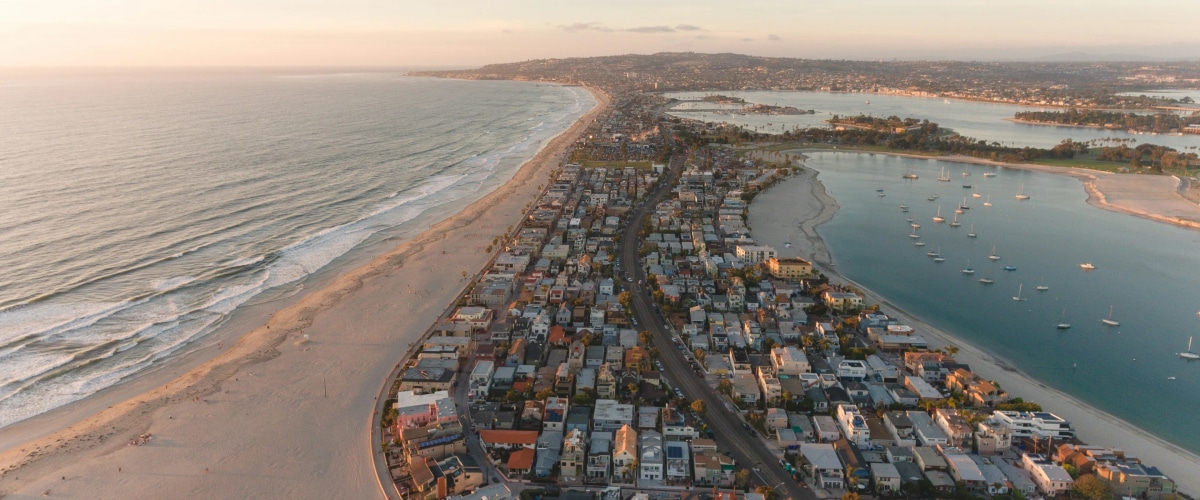
San Diego: The West Coast Surf Capital Where Bigger Burritos Are Better
Feb 4, 2026
10 min read
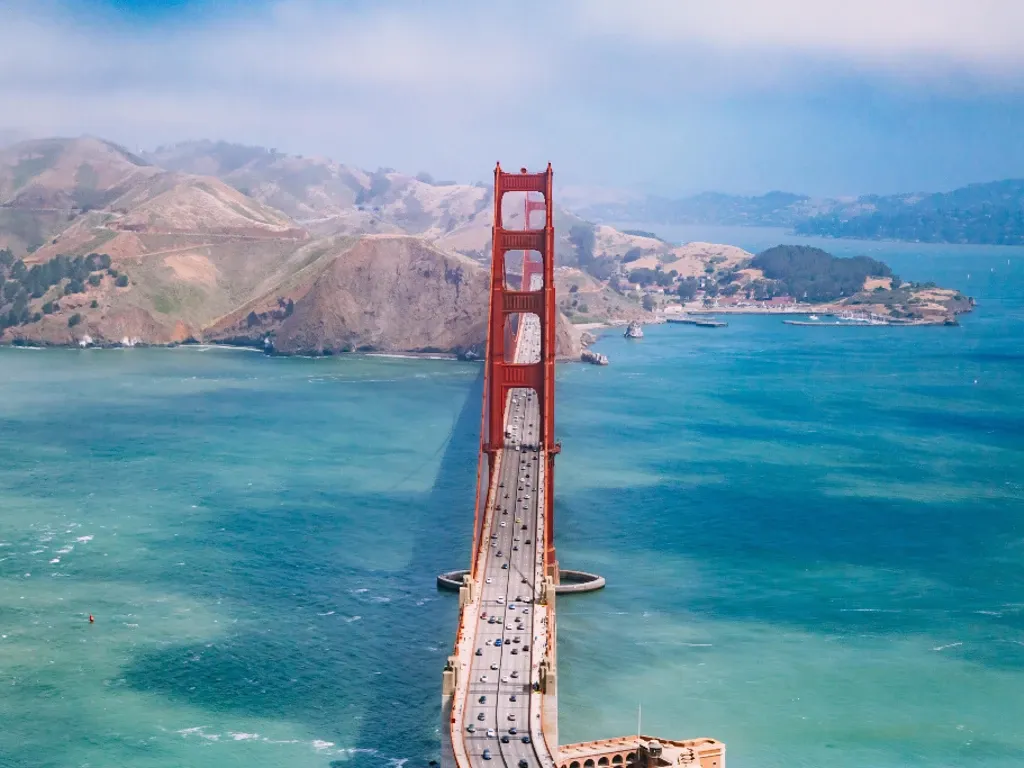
San Francisco Travel Guide: What Makes the City Worth Visiting
Jan 26, 2026
12 min read
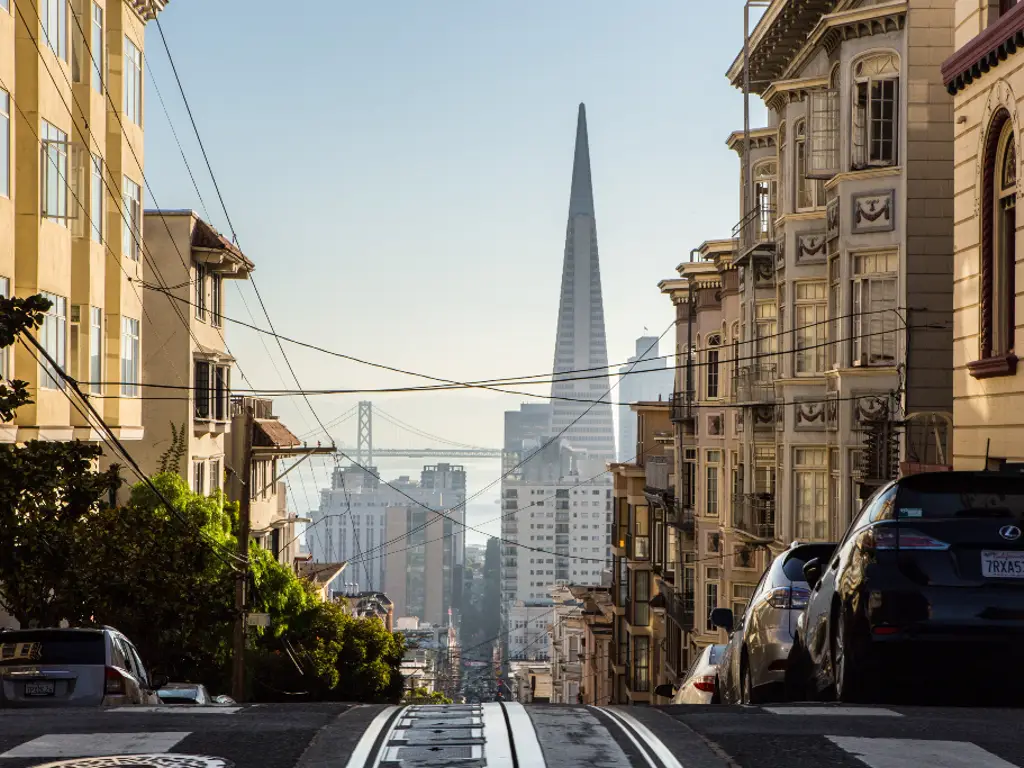
Where to Stay in San Francisco: Choosing the Right Neighborhood
Jan 26, 2026
17 min read


